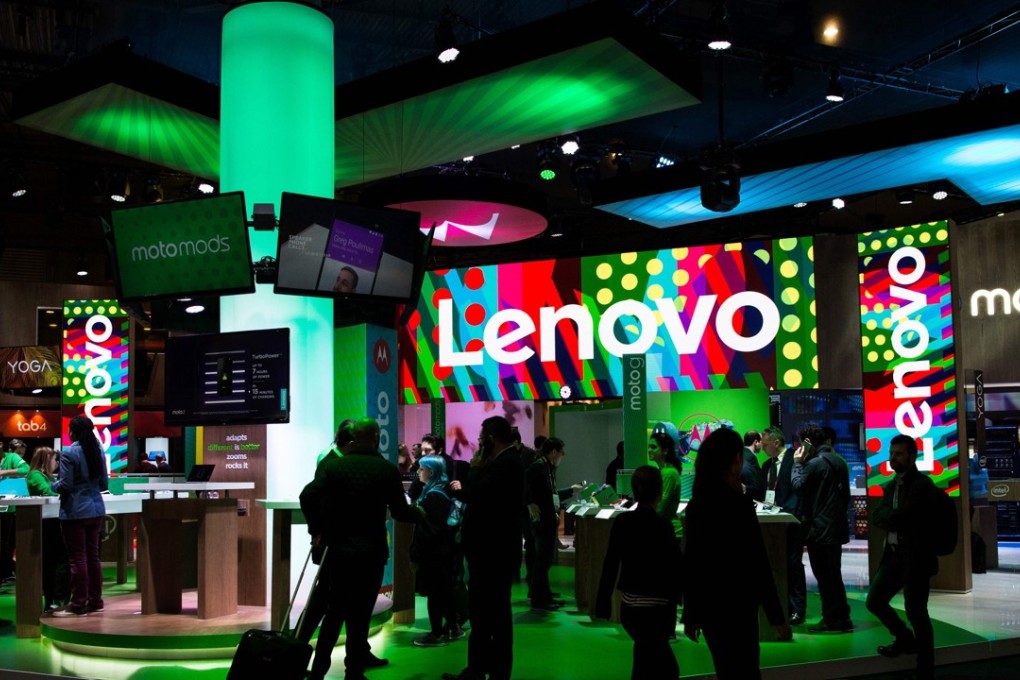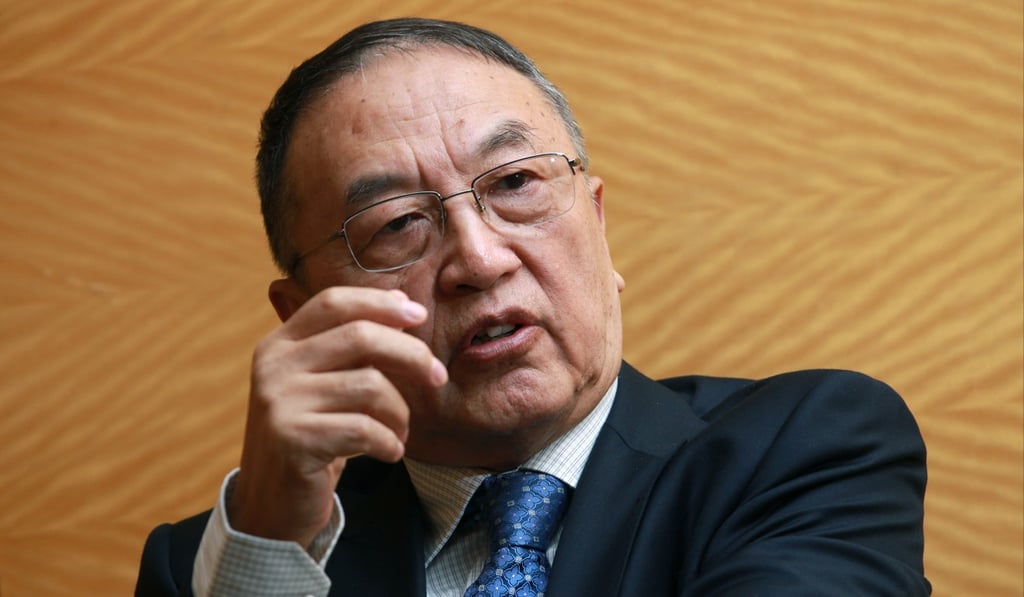Lenovo denies claims it chose Windows over Linux in second row over technology
Lenovo’s rebuttal comes after it was accused of failing to back Chinese telecoms company Huawei in setting global standards for fifth generation (5G) mobile communications technology, which it also denied

Lenovo Group has angrily denied claims it chose the popular Microsoft Windows system over a domestically-produced Linux operating system (OS) in a recent government procurement programme.
The company branded the allegations as “slander” in a statement that follows an internet storm in China in recent weeks over the company’s decisions on domestic versus overseas technology.
China’s largest personal computer (PC) maker insisted it had suggested using a domestically-produced Linux OS for both desktop and notebook PCs in a recent PC procurement meeting for suppliers organised by the Central Government Procurement Center, according to the company statement on Tuesday.
Lenovo’s preference solely for a domestically-produced Linux OS differed from the government body’s suggestion that both a Linux OS and Windows be installed on the PCs being procured, it said, adding that its recommendation was submitted to higher authorities for approval.

The rebuttal from Lenovo comes on the heels of another “domestic versus global row” involving the company, after it was accused of failing to back Chinese telecoms company Huawei in setting global standards for fifth generation (5G) mobile communications technology.
Although Lenovo did initially vote for a technology led by US firm Qualcomm when a Huawei alternative was available, the vote in question was only for part of one standard, and it ultimately voted for Huawei’s Polar Code, which won the group vote in a third and final meeting in November 2016, founder Liu Chuanzhi said in a post on the company’s WeChat channel last week.